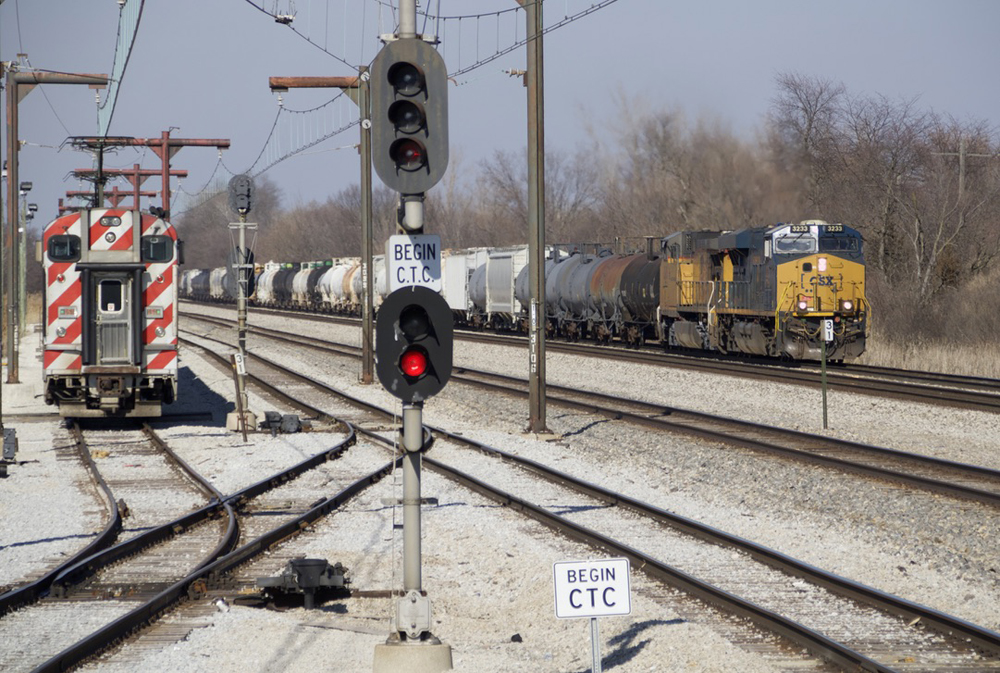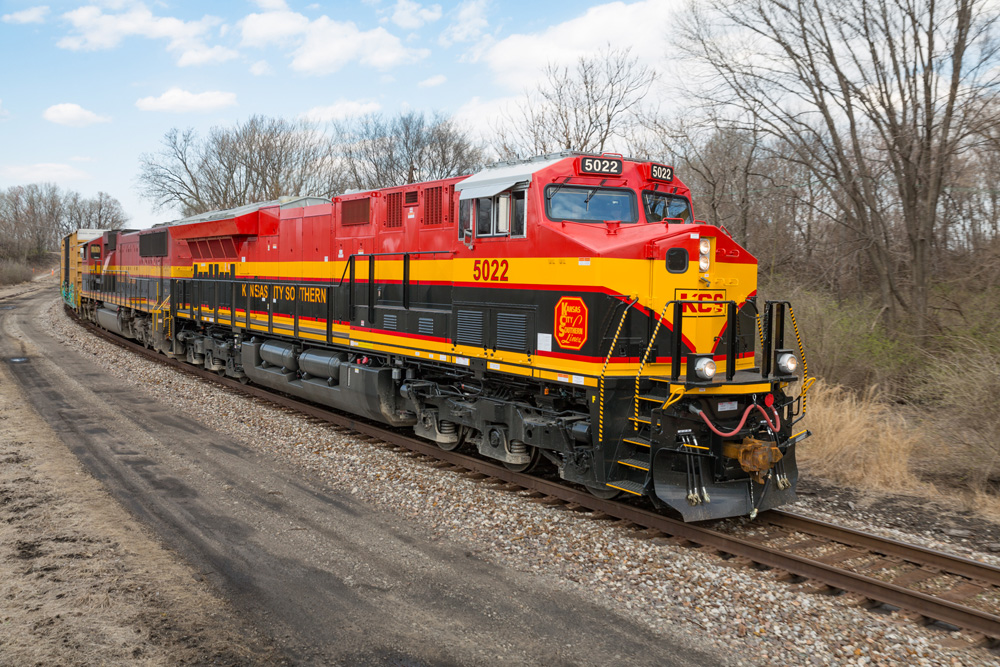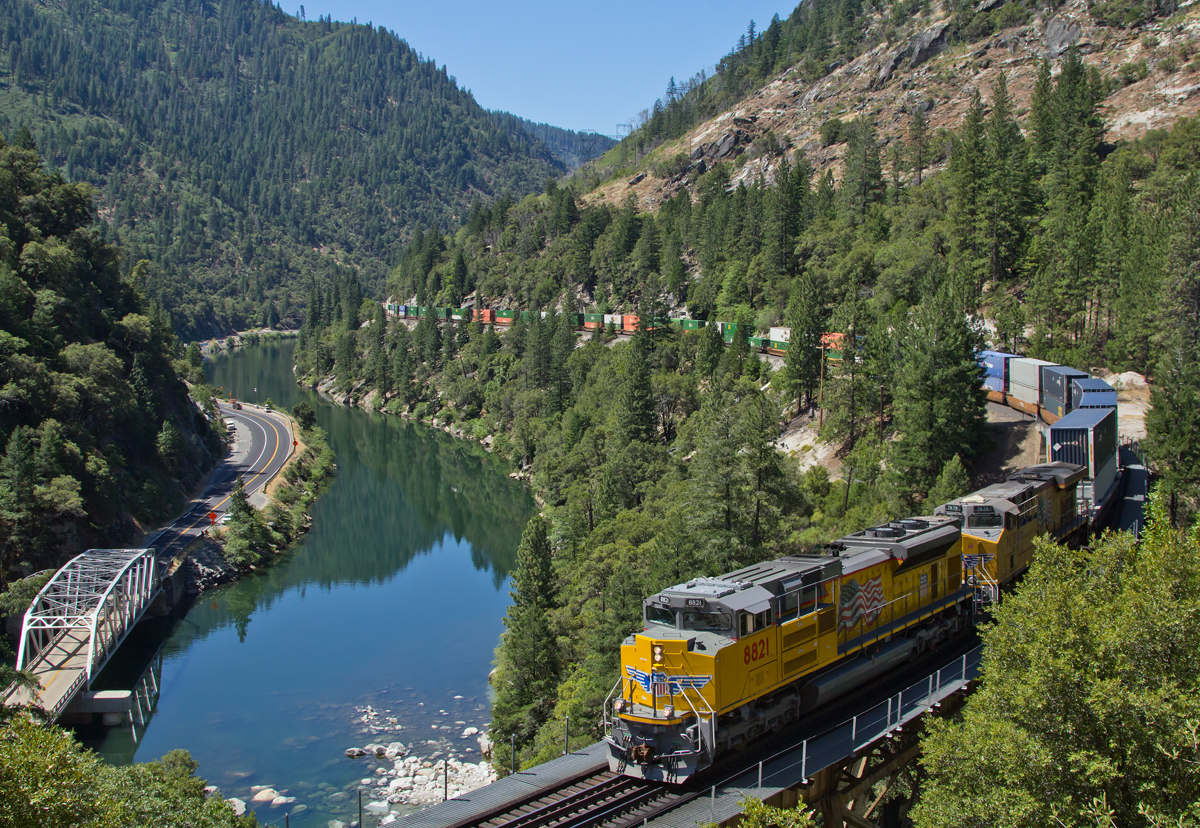
NEW YORK — A majority of railroad shippers would support a transcontinental merger so long as it included concessions such as full reciprocal switching, according to the latest TD Cowen shipper survey.
“For the first time, we asked rail shippers if they would support a transcontinental merger; 47% answered that they would support it, a higher level of support than we would have expected. Of shippers that stated they would not support a merger (53%), 39% would support a merger if the railroads made concessions regarding service,” TD Cowen said in a note to clients this week.
Shippers said their support would hinge on gaining things such as access to a second railroad, rate case reform, and provisions that would force railroads to pay penalties for service failures.
These items have long been on shipper wish lists, and analysts have said that expanded reciprocal switching for sole-served customers would be a requirement for any merger to win approval. But some analysts have questioned whether open access would depress rates and undermine any financial benefits that would flow from a transcontinental merger.
TD Cowen said that the survey results “imply that roughly a third of shippers would not support a merger under any circumstance.”
Shipper opposition to further consolidation in the industry has typically been cited as a barrier to regulatory approval of Class I mergers.
There has been speculation this year that a pair of Class I railroads would seek to file a merger application with the Surface Transportation Board. If so, it would be the first merger judged under the STB’s stringent 2001 merger rules, which require a rail combination to enhance competition and be in the public interest. Merger applicants also must consider the downstream impacts of their combination – such as how it might prompt other mergers.
Analysts don’t expect a merger deal anytime soon because the STB is currently split 2-2 between Republicans and Democrats. The Trump administration eventually will appoint a third Republican to the board.
“Given the long Senate confirmation process, the STB will be lucky if they fill the seat before the end of the year,” TD Cowen said.














Short Lines have thrived for decades with “first mile – last mile” quality service. And have successfully priced that service accordingly. Suggest that C1’s pricing for the reciprocal switching opportunity will reflect a level of pricing that may negate the cost-benefit aspect sought shippers and receivers.